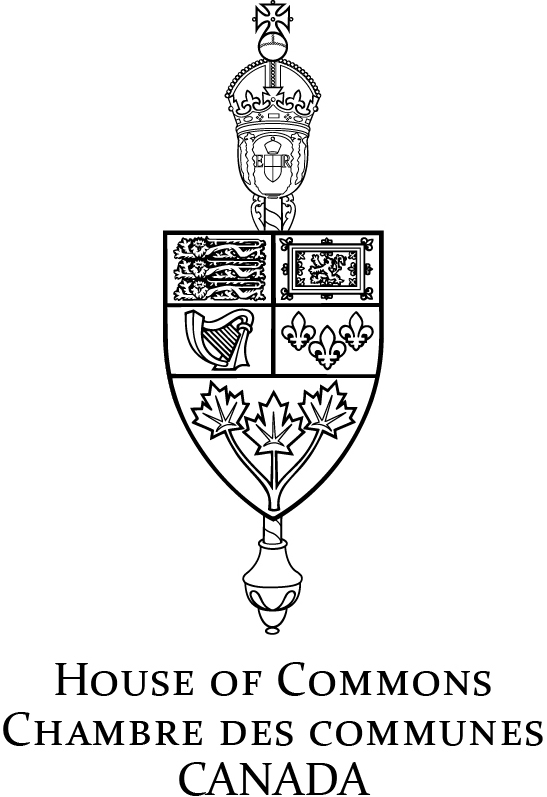SDIR Committee News Release
If you have any questions or comments regarding the accessibility of this publication, please contact us at accessible@parl.gc.ca.
Subcommittee on International Human Rights of the Standing Committee on Foreign Affairs and International Development |  |
For immediate release
NEWS RELEASE
Sentenced to a Slow Demise: The Plight of Myanmar’s Rohingya Minority
Ottawa, July 5, 2016 -
On 17 June 2016, the Standing Committee on Foreign Affairs and International Development presented to the House of Commons a report prepared by its Subcommittee on International Human Rights entitled: Sentenced to a Slow Demise: The Plight of Myanmar’s Rohingya Minority.
The Report relays testimony concerning the Rohingya, a group of over one million people of Muslim faith living in Myanmar’s Rakhine State. The Rohingya, who were stripped of their citizenship in 1982, are denied human rights and fundamental liberties, face restrictions on their right to earn a livelihood, receive an education, practice their religion, and control over their family lives regarding marriage and having children. Violent clashes between Rakhine Buddhists and Rohingya Muslims in 2012 caused tens of thousands of mostly Rohingya to flee Myanmar by sea resulting in a regional migrant crisis. Today, close to 150,000 predominantly Rohingya remain ghettoized in displaced persons camps, surrounded by barbed wire and security checkpoints, without access to basic services.
Throughout its study, the Subcommittee heard that Rohingya remain the target of hatred and violence in Myanmar, led by Buddhist nationalists and exacerbated by an environment of impunity and official complacency. The extent of the Buddhist nationalists’ political influence was exemplified by the previous Myanmar government’s decision to ban the Rohingya from voting and running for elected office in the 2015 elections, which served to further entrench Rohingya marginalization and exclusion. Witnesses told the Subcommittee that the plight of the Rohingya remains “the worst human rights situation in the world.” Furthermore, witnesses used the terms ethnic cleansing, crimes against humanity and even genocide to describe not only the 2012 violence against the Rohingya but also their mistreatment and suffering under successive governments of Myanmar.
The Subcommittee believes that the Rohingya must not be forgotten as the world, and the Government of Canada, reengages with the Government of Myanmar, which has recently made laudable strides towards democracy. This includes the recent election of Myanmar’s first civilian government in over 50 years, which brought to power the National League for Democracy led by Nobel Peace Prize Laureate, democracy activist and honourary Canadian Daw Aung San Suu Kyi.
The Report includes 12 recommendations for Canadian policy towards Myanmar. It recommends that, in its engagement with the Government of Myanmar, the Government of Canada advocate for the following actions:
• Restoring citizenship to the Rohingya people, as well all of the civil and political rights that follow from citizenship, including the right to run for elected office.
• Lifting all restrictions on freedom of movement, allowing the Rohingya to access education and health services, and to earn livelihoods.
• Respecting and protecting the rights of all ethnic and religious minorities in Myanmar, beginning with acceptance of the relevant recommendations made in Myanmar’s 2015 Universal Periodic Review.
• Amending or repealing domestic laws and policies which constrain the family lives of the Rohingya people, including four recent “race and religion” laws, limitations on the number of children allowable and the requirement to receive permission to marry.
• Formally and publicly repudiating anti-Muslim violence and ending impunity for acts of violence, including by developing strategy for promoting inter-communal tolerance in Rakhine State.
• Resettling the Rohingya people currently in internally displaced person camps, through a sustainable plan developed in consultation with Rohingya leaders.
• Acceding to, and implementing, the 1954 Convention relating to the Status of Stateless Persons and the 1961 Convention on the Reduction of Statelessness.
• Guaranteeing unrestricted access to international humanitarian agencies providing crucial life-saving services to the Rohingya.
• Accepting UN assistance in fulfilling its international human rights obligations, including through the establishment of a UN Office of the High Commissioner for Human Rights in Myanmar.
The Report also includes recommendations that the Government of Canada take the following specific actions for the benefit of the Rohingya people:
• Engage with Myanmar’s neighbouring countries—in particular Malaysia, Indonesia, Thailand and Bangladesh, to promote respect for the rights of Rohingya asylum-seekers and to encourage engagement on the root causes of the mass migration of the Rohingya people.
• Reassess Canadian economic sanctions against Myanmar officials to maximize their deterrent effect without compromising further democratization.
• Continue to support democratic development in Myanmar, including constitutional reform, through “parliament to parliament” and “government to government” mentorship.
• Ensure that the Rohingya in Myanmar and those who have migrated elsewhere benefit from development assistance programming.
• Participate in initiatives organized by the diplomatic community on the ground in Myanmar in order to coordinate donor programming more effectively.
The Report includes a formal request for a comprehensive response from the Government of Canada, to be presented within 120 days.
- 30 -
|